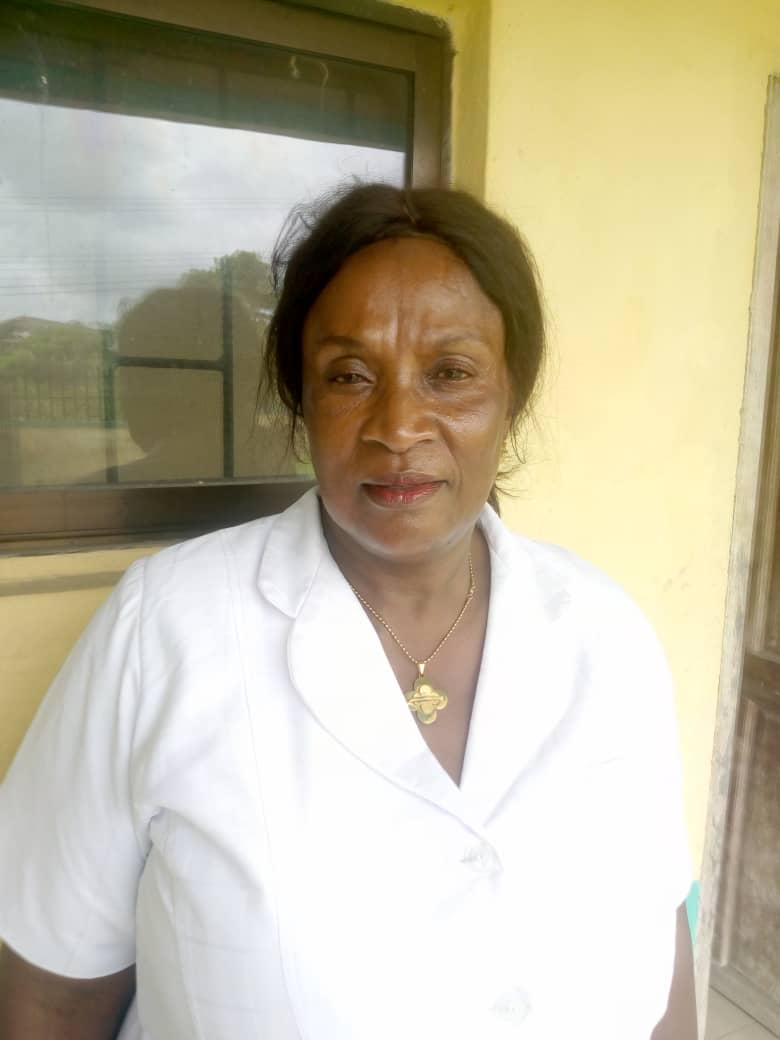must be
Development
Our Why
Every voice must be heard and supported to leave no one behind
Our story
It all began watching news how despite years of aid, a country desperately need more towards immunization: In 2018, the proposed withdrawal of GAVI funds from countries that had crossed from low to low middle income and resulting outcry motivated a master’s research on the achievements of aid in meeting the Nigerian Expanded Program on Immunization. That showed the enormity of the problem, and need for a new approach. A lasting approach. Community was the backbone of many African countries, but it was dying. The idea came to bridge the old with new using technology which afforded closer communion as well as strengthening, age old social networks. Now, the rest is history as we take a step each day towards supporting meaningful and sustainable development.
Our Vision
To facilitate sustainable development using the power of community and technology
Our Mission
We improve outcomes for the vulnerable in particular children, through interventions that leverage communication, and digital technologies, as well as give voice to those most affected through community engagement.
Our Impact
Numbers of SMS’s sent
Communities served
Numbers of TBA’s supported
Our Work



Winner of the 2021 D’prize in immunization; ChildACT envisions reaching two thirds of Nigerian children to secure vaccinations by their first birthday, nudging those without other access barriers to demand immunization using SMS reminders, and supportive community engagement.

Financial and digital skills for education and life
Leadership strengthening
Check out our Stories
Our Community Champions provide answers to the questions below
Question 1: What motivates you to support improved immunization for children in your community?
Question 2: In your opinion which children are most at risk of not completing immunization?

(2)Those at risk are:
(a) Children from low socio-economic background.
(b) Children from broken homes.
(c) Children that are orphans.
(d) Children from hard to reach area such as riverine area or due to poor road.
(e) Children whose parent are illiterate or have a low level of education and those who harbour superstitious beliefs.
Mfon Nseyo

(2) Children mostly at risk of not completing the immunization schedule are mostly children who have adolescent mothers, and mothers who don't believe in immunization despite awareness. High cost of transportation to and from the facility and also religious beliefs limit immunization in some children
Nurse Bata

(2) Those at risk include: children from uneducated parents, parents with limiting religious beliefs and those from low economic status.









